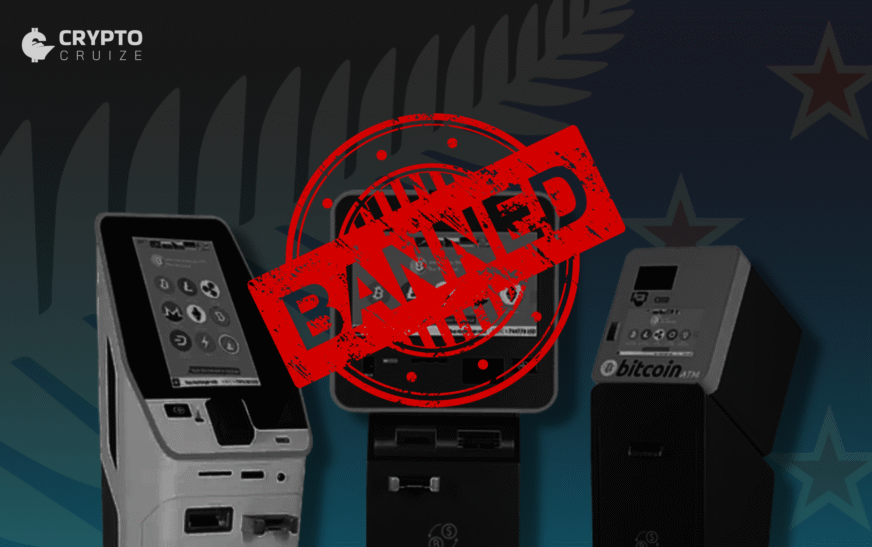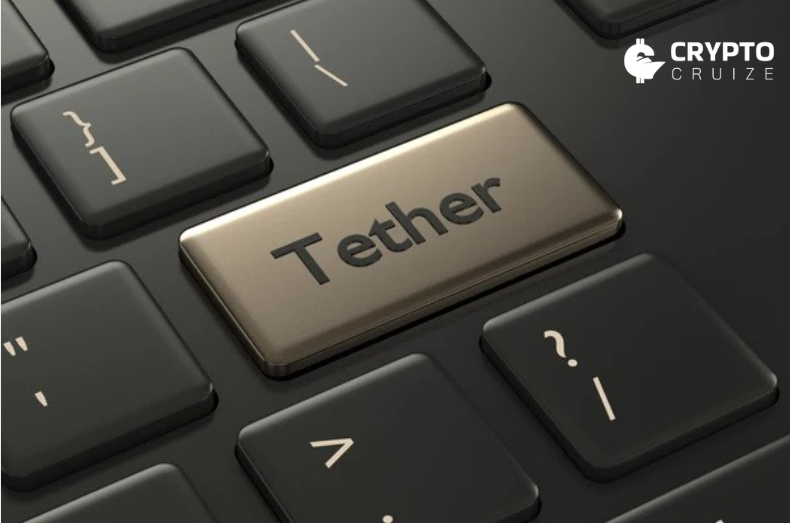New Zealand has taken a strong stance against money laundering and organised crime by banning crypto ATMs and limiting international cash transfers. The government announced the changes as part of a major update to its Anti-Money Laundering and Countering the Financing of Terrorism (AML/CFT) framework.
The announcement came from Associate Justice Minister Nicole McKee, who confirmed that all crypto ATMs (also known as crypto kiosks) will be removed. Additionally, individuals will now face a $5,000 cap on overseas cash transfers.

“These changes are targeted at criminals, not law-abiding businesses,” McKee said, adding that the aim is to disrupt how illegal money moves through the system. She also assured businesses that the government is working to ease unnecessary red tape while keeping financial standards high.
Crypto ATMs: A Risky Tool for Criminals
According to New Zealand’s Ministerial Advisory Group on Transnational, Serious and Organised Crime, crypto ATMs have increasingly become tools for illegal activity. Criminals have been using them to quickly convert physical cash into cryptocurrency, making it easier to send money abroad, often for drug trafficking or fraud-related operations.

More than 220 crypto kiosks are currently operating in New Zealand, according to data from Coin ATM Radar. These machines have been largely unregulated until now, allowing users to anonymously exchange cash for crypto with minimal checks, a clear vulnerability in the eyes of law enforcement.
By banning these kiosks, the government hopes to cut off a fast, relatively anonymous way for criminals to convert and move illicit funds.
New Rules for Banks and Financial Watchdogs
Alongside the ban on crypto ATMs, New Zealand’s Financial Intelligence Unit (FIU) will receive expanded powers. The FIU will now be able to request ongoing information from banks and other financial service providers about individuals flagged for suspicious transactions.
This move will help authorities keep a closer watch on people and organisations that might be involved in criminal financial activity. It’s part of a broader effort to improve financial surveillance without placing too much burden on honest businesses.
Two reform bills supporting these changes are already in parliament and are expected to pass before the end of 2025. Once passed, they will not only strengthen enforcement but also simplify some of the more complex compliance requirements currently facing financial institutions.
A Global Trend in Crypto ATM Crackdowns
New Zealand is not alone in tightening its control over cryptocurrency kiosks. Countries around the world are growing more concerned about the misuse of crypto for illegal purposes.
Just last month, Australia introduced stricter rules for its crypto ATM industry. The country’s financial watchdog, AUSTRAC, placed a AU$5,000 (around US$3,250) limit on cash transactions at crypto kiosks, and also rolled out new requirements for customer identification and monitoring.
In the United States, the city of Spokane in Washington state has gone even further by completely banning crypto ATMs. Authorities there cited a high number of scams and fraud cases, especially in low-income areas where vulnerable residents were being targeted.
Balancing Security and Business Freedom
While New Zealand’s new rules may seem strict, officials have stressed that the changes are designed to be smart, not excessive. McKee explained that the goal is to apply existing standards more intelligently, not to create additional burdens for legitimate businesses.
The government believes that by removing weak points in the financial system like unregulated crypto ATMs, they can reduce the risk of money laundering and protect the public without harming innovation or growth in the financial sector.
As crypto adoption continues worldwide, balancing regulation and freedom will remain a key challenge. For now, New Zealand has made it clear that the safety of its financial system is a top priority.















